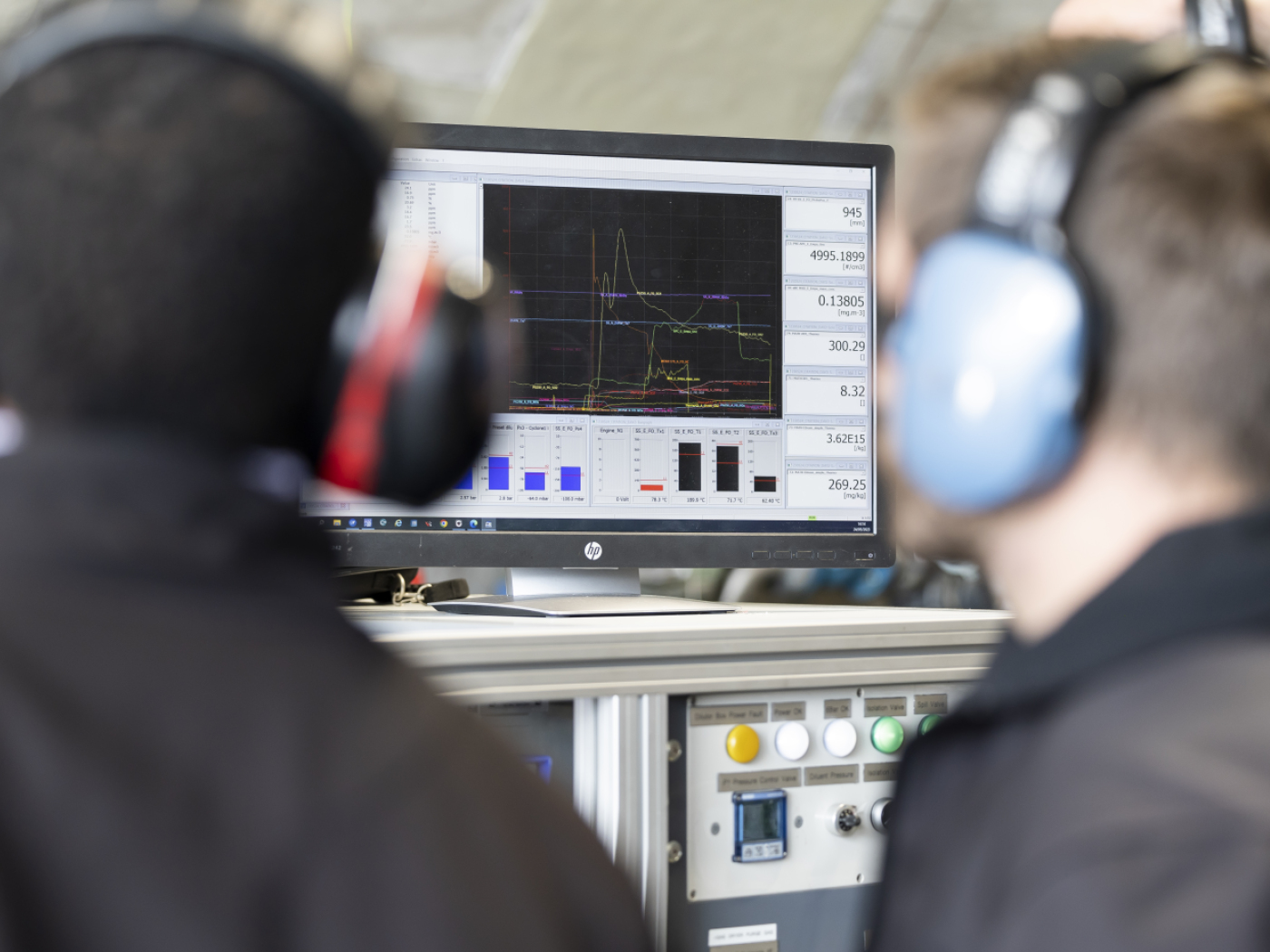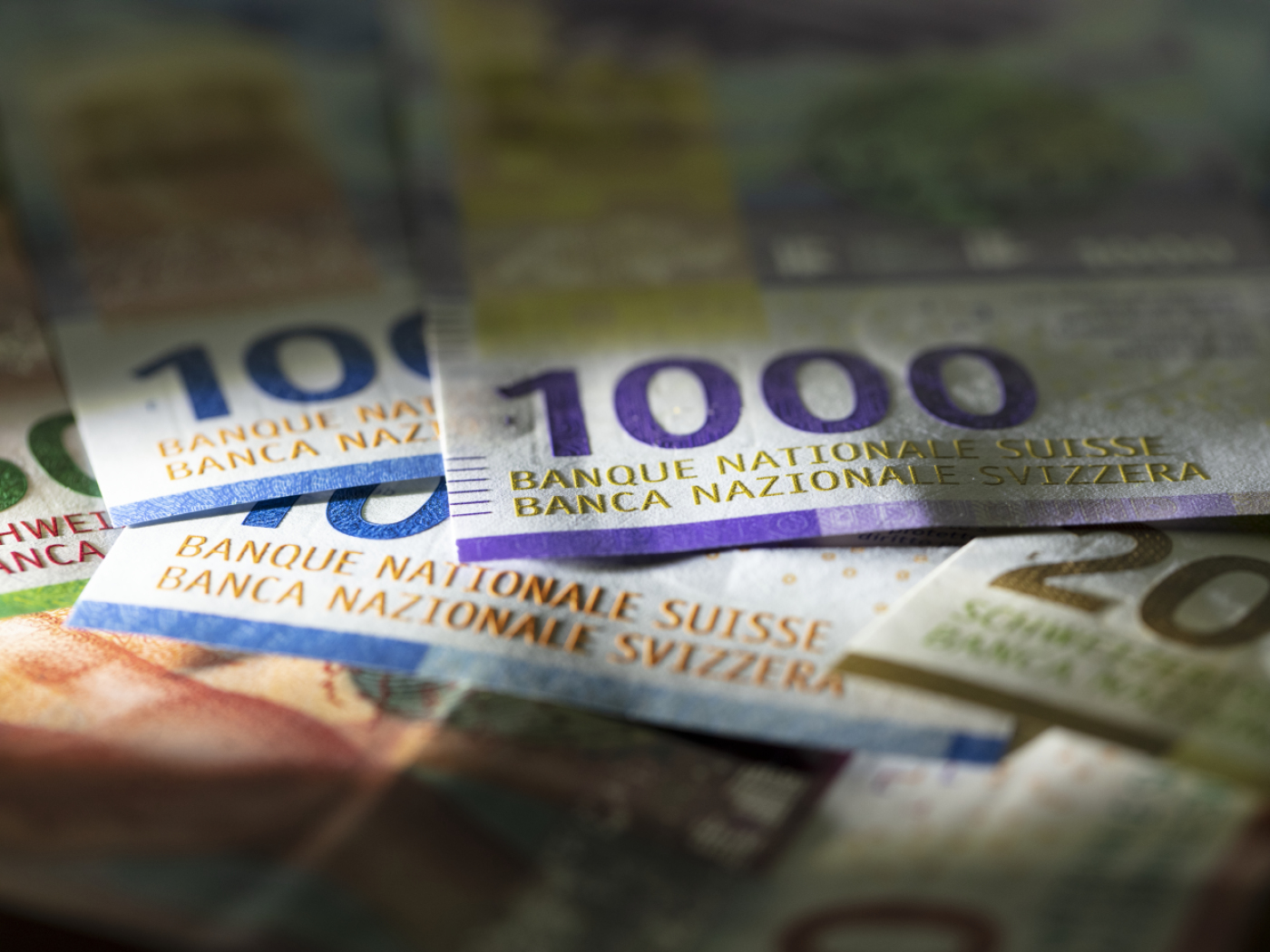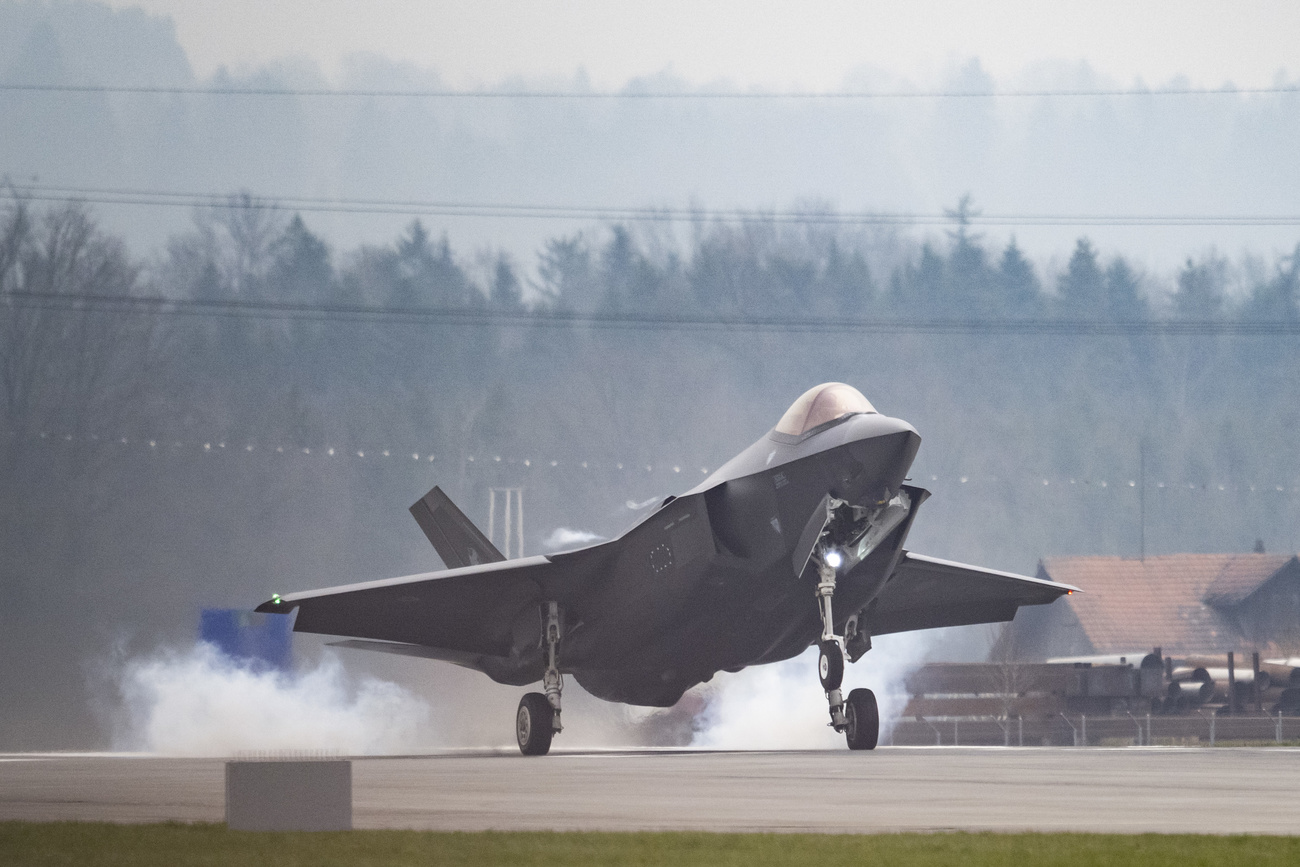
Stocks Fall as Israel-Iran Jitters Spur Oil Rally: Markets Wrap
(Bloomberg) — Wall Street’s concerns that an escalation of tensions in the Middle East could trigger a more direct US involvement spurred a slide in stocks, which also dropped as weak economic data lifted bonds ahead of the Federal Reserve decision. Oil hit its highest since January.
Risk-off sentiment prevailed, with the S&P 500 down nearly 1%. West Texas Intermediate settled around $75 a barrel. A gauge of crude-market volatility jumped to a three-year high. The dollar climbed the most in a month. Aside from geopolitical risks, Treasuries rose as tepid reports on retail sales, housing and industrial output supported bets the Fed will cut rates at least once more in 2025 if energy prices don’t become a threat to the disinflationary path.
Subscribe to the Stock Movers Podcast on Apple, Spotify and other Podcast Platforms.
President Donald Trump met with his national security team to discuss the escalating Middle East conflict, according to people familiar with the matter, fueling fresh speculation that the US is on the verge of joining Israel’s attack on Iran.
Trump posted a demand for Iran’s “UNCONDITIONAL SURRENDER” and warned of a possible strike against the country’s leader, Ayatollah Ali Khamenei. “We know exactly where the so-called ‘Supreme Leader’ is hiding. He is an easy target, but is safe there – We are not going to take him out (kill!), at least not for now,” Trump said on social media.
“For now, markets will remain mostly on edge until they lower the temperature in the region,” said Kenny Polcari at SlateStone Wealth.
Traders also kept a close eye on economic data, with US retail sales down for a second straight month, suggesting anxiety over tariffs and their finances prompted consumers to pull back after an early-year spending rush. Industrial production dropped and confidence among homebuilders hit the lowest since December 2022.
“Investors should still expect some volatility in economic data due to lingering effects of trade policy,” said Bret Kenwell at eToro. “The economy and the consumer are holding up for now, but there are signs of vulnerability. That could present risks in the second half of the year — particularly if we see a further slowdown in jobs or spending.”
With US central bank officials convening for a two-day meeting in Washington, traders continued to wager on just shy of two quarter-point rate reductions this year — with the first move fully priced in for October. The Fed is expected to hold rates steady in June and July, but may telegraph its intentions via revised economic and rate forecasts on Wednesday.
A fourth straight meeting without a cut could provoke another tirade from President Trump. But policymakers have been clear: Before they can make a move they need the White House to resolve the big question marks around tariffs, immigration and taxes. Israel’s attacks on Iranian nuclear sites have also introduced another element of uncertainty for the global economy.
“The Federal Reserve is navigating a narrow path,” said Seema Shah at Principal Asset Management. “We expect the Fed to wait until the fourth quarter before it reduces policy rates.”
US PREVIEW: Listen to the FOMC Dots, Not to Powell’s Words
“While there has been a strong buy-the-dip mentality with investors having been rewarded for fading negative news this year, we think it’s best to pull back on risk,” said Andrew Tyler, JPMorgan Chase & Co.’s head of global market intelligence, who correctly predicted a multi-week stock rally back in April through this point. “Positioning indicates that irrespective of Israel-Iran, the market was setting up for a pullback,” he told clients this week.
Global stocks will beat US equities over the next five years, according to Bank of America Corp.’s latest fund manager survey, adding evidence that investors increasingly see America’s market dominance as coming to an end.
Some 54% of asset managers expect international stocks to be the top asset class, while 23% picked US stocks, according to the survey. Only 13% said gold will deliver top returns, and 5% are betting on bonds. It’s the first time that Bank of America’s survey asked investors to predict which asset class will perform best over a five-year horizon.
Corporate Highlights:
- India’s aviation safety regulator found no major safety concerns with Air India’s fleet of Boeing Co. 787 jets during ongoing inspections following a crash last week.
- Solar companies fell sharply after Senate Republicans released a bill that would end clean energy tax credits earlier than expected, dashing hopes that major cuts passed by the House wouldn’t stick.
- JPMorgan Chase & Co. will launch a pilot for a token called JPMD that represents dollar deposits at the world’s biggest bank, as financial institutions deepen their push into the digital-asset sector.
- Eli Lilly & Co. agreed to buy gene-editing biotech company Verve Therapeutics Inc. for $1.3 billion, the drugmaker’s latest investment in an experimental medicine that could fuel its long-term growth.
- UnitedHealth Group Inc. is cutting commissions for brokers on some Medicare Advantage plans, according to documents reviewed by Bloomberg News, a move that appears designed to discourage agents from selling those plans.
- JetBlue Airways Corp. plans to hasten cost cuts by eliminating some flights, ending service to a number of cities and restructuring its leadership ranks as economic uncertainty feeds weaker-than-expected demand for travel, the company said in an internal memo.
- Builder Lennar Corp.’s forecast for quarterly orders missed analyst estimates as affordability challenges and economic uncertainty hold back buyers.
- Salesforce Inc. is increasing the price for many products, becoming the latest software maker to adjust its cost structure as it integrates artificial intelligence.
- Amazon.com Inc. Chief Executive Officer Andy Jassy says he expects the company’s workforce to decline in the next few years as the retail and cloud-computing giant uses artificial intelligence to handle more tasks.
- Adobe Inc. released a standalone Firefly mobile application for Android and iOS in an attempt to put a larger spotlight on its artificial intelligence-powered image generation and editing tools.
- Penn Entertainment Inc. said its shareholders elected two new directors proposed by HG Vora Capital Management to its board at the company’s annual meeting Tuesday.
- SoftBank Group Corp. raised around $4.8 billion through a sale of T-Mobile US Inc. shares, a move that helps fund the Japanese company’s grandiose plans for artificial intelligence.
Some of the main moves in markets:
Stocks
- The S&P 500 fell 0.8% as of 4 p.m. New York time
- The Nasdaq 100 fell 1%
- The Dow Jones Industrial Average fell 0.7%
- The MSCI World Index fell 1%
- Bloomberg Magnificent 7 Total Return Index fell 1.1%
- The Russell 2000 Index fell 1.1%
Currencies
- The Bloomberg Dollar Spot Index rose 0.5%
- The euro fell 0.7% to $1.1485
- The British pound fell 1.1% to $1.3426
- The Japanese yen fell 0.3% to 145.22 per dollar
Cryptocurrencies
- Bitcoin fell 3.8% to $104,712.11
- Ether fell 5.3% to $2,529
Bonds
- The yield on 10-year Treasuries declined six basis points to 4.39%
- Germany’s 10-year yield was little changed at 2.54%
- Britain’s 10-year yield advanced two basis points to 4.55%
Commodities
- West Texas Intermediate crude rose 4.4% to $74.92 a barrel
- Spot gold was little changed
©2025 Bloomberg L.P.






































